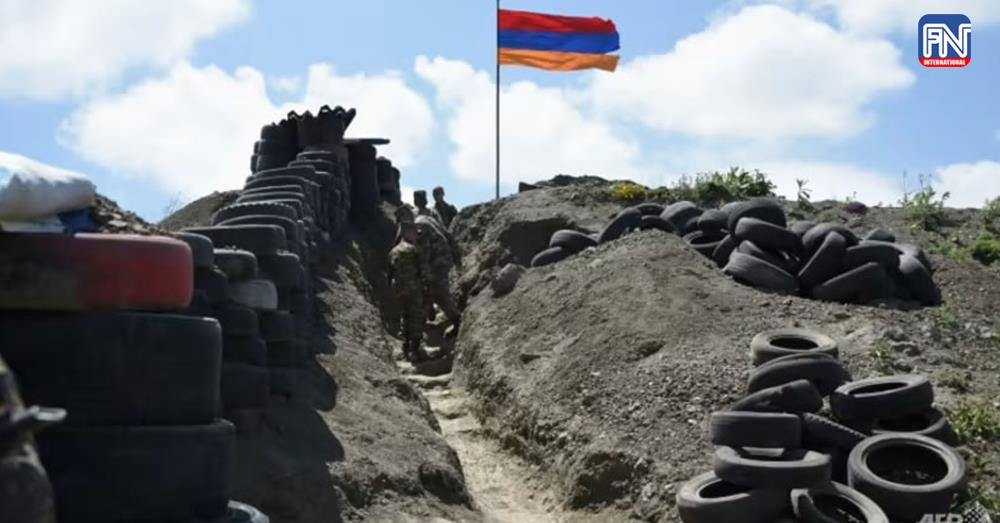YEREVAN, Sept 11 (AFP) - The United States and Armenia opened military drills on Monday (Sep 11), the latest sign of Yerevan drifting from Moscow's orbit as Russia's invasion of Ukraine reshapes post-Soviet relations.
The exercises come amid mounting frustration in Armenia over what it sees as Russia's failure to act as a security guarantor amid mounting tensions with its historic rival Azerbaijan.
Exercise Eagle Partner opened with some 85 US soldiers to train around 175 Armenian soldiers through Sep 20, according to the US Army Europe and Africa Command.
Armenia's defence ministry said the exercises aimed to "increase the level of interoperability" with US forces in international peacekeeping missions.
The US military said the drills would help Armenia's 12th Peacekeeping Brigade meet NATO standards ahead of an evaluation later this year.
Kremlin spokesman Dmitry Peskov said Armenia's decision not to conduct drills with the Moscow-led Collective Security Treaty Organisation (CSTO) alliance and instead work with the United States required "very deep analysis".
"Of course, we will try to comprehend and understand all this. But in any case we will do so in close partnership dialogue with the Armenian side," he said.
The United States brushed off the Kremlin critique and pointed to Russia's wars with both Ukraine and Georgia.
"I think that given Russia has invaded two of its neighbours in recent years, it should refrain from lecturing countries in the region about security arrangements," State Department spokesman Matthew Miller told reporters.
He said that the United States has had security cooperation with Armenia since 2003 and called the latest drill "a routine exercise that is in no way tied to any other events."
But Moscow last week summoned Armenia's ambassador to complain about "unfriendly steps" the country was taking.
The ministry said Armenia's envoy was given a "tough" rebuke but insisted that the countries "remain allies".
"It sounded more like a threat to Yerevan than a description of reality," said Gela Vasadze, an independent political analyst.
"In fact, Russian-Armenian relations have reached a strategic impasse," he told AFP.
